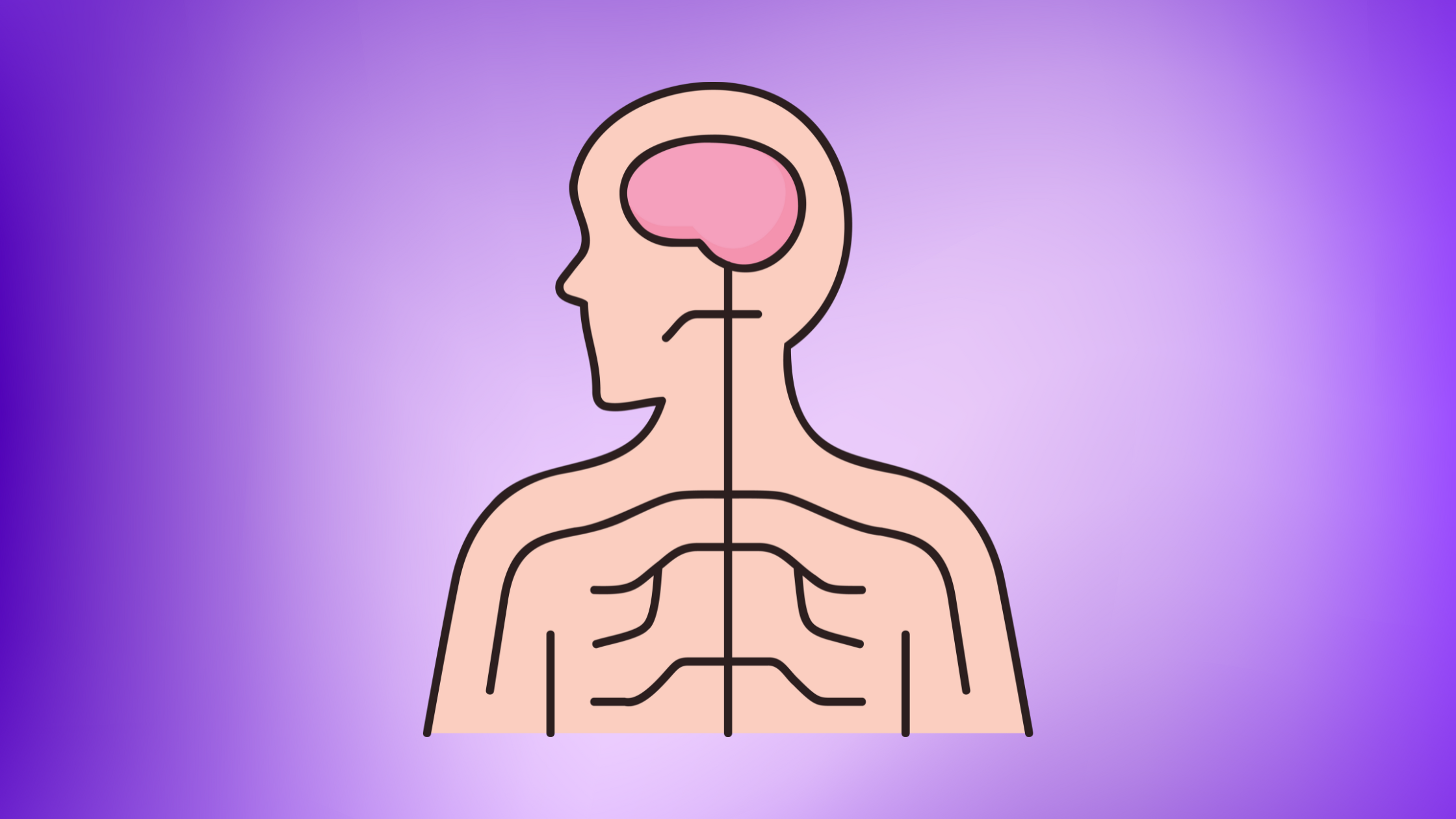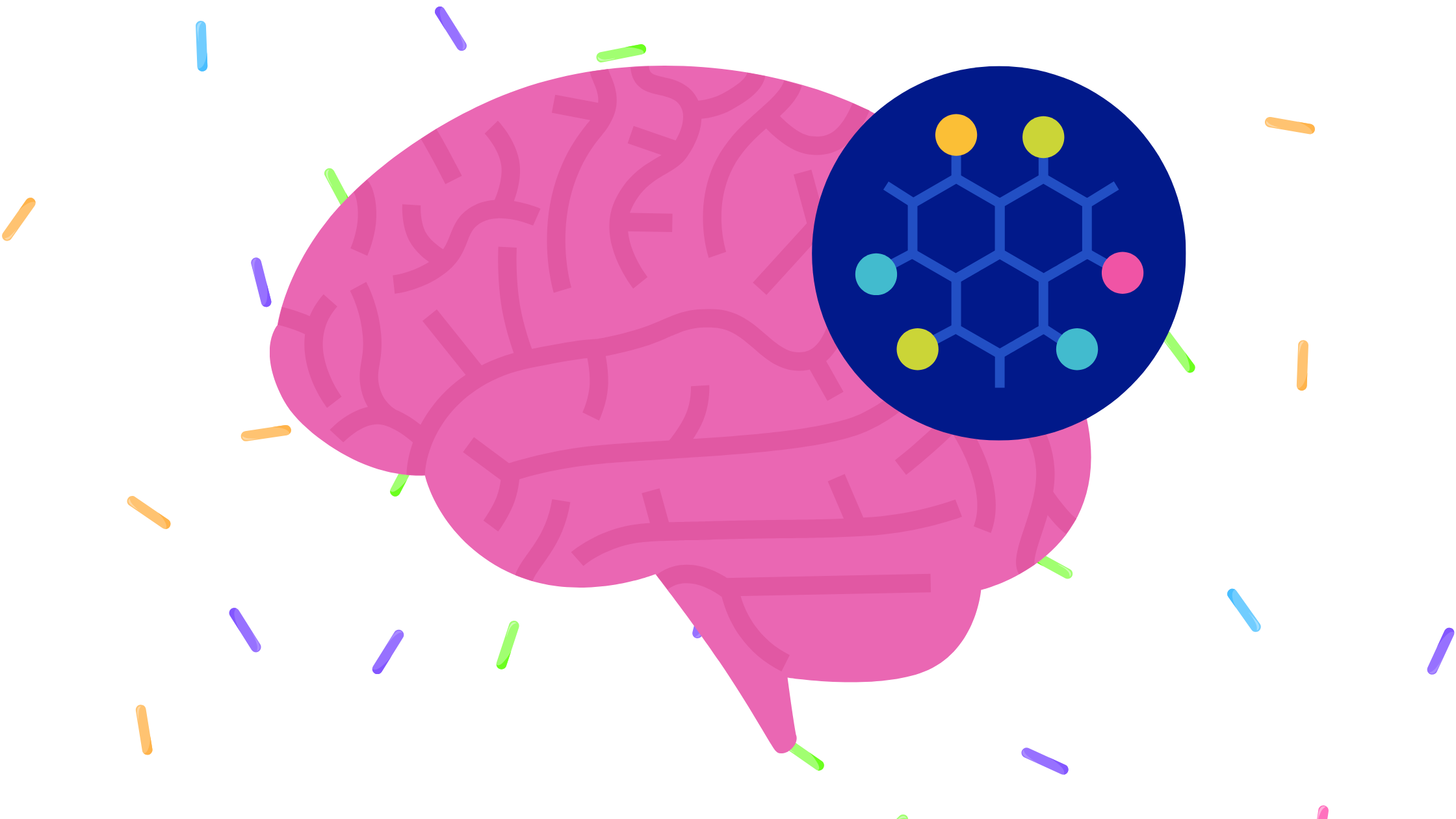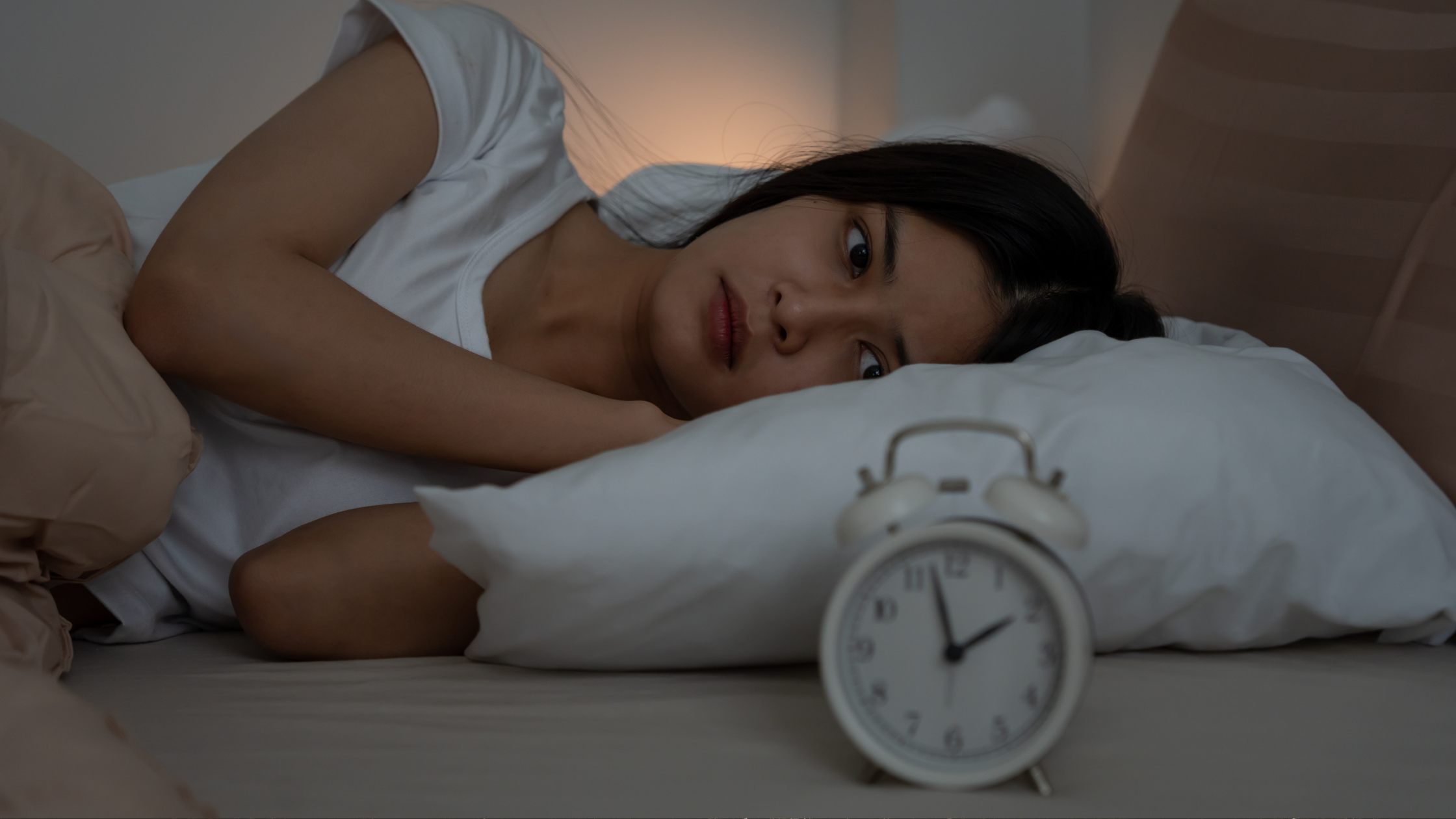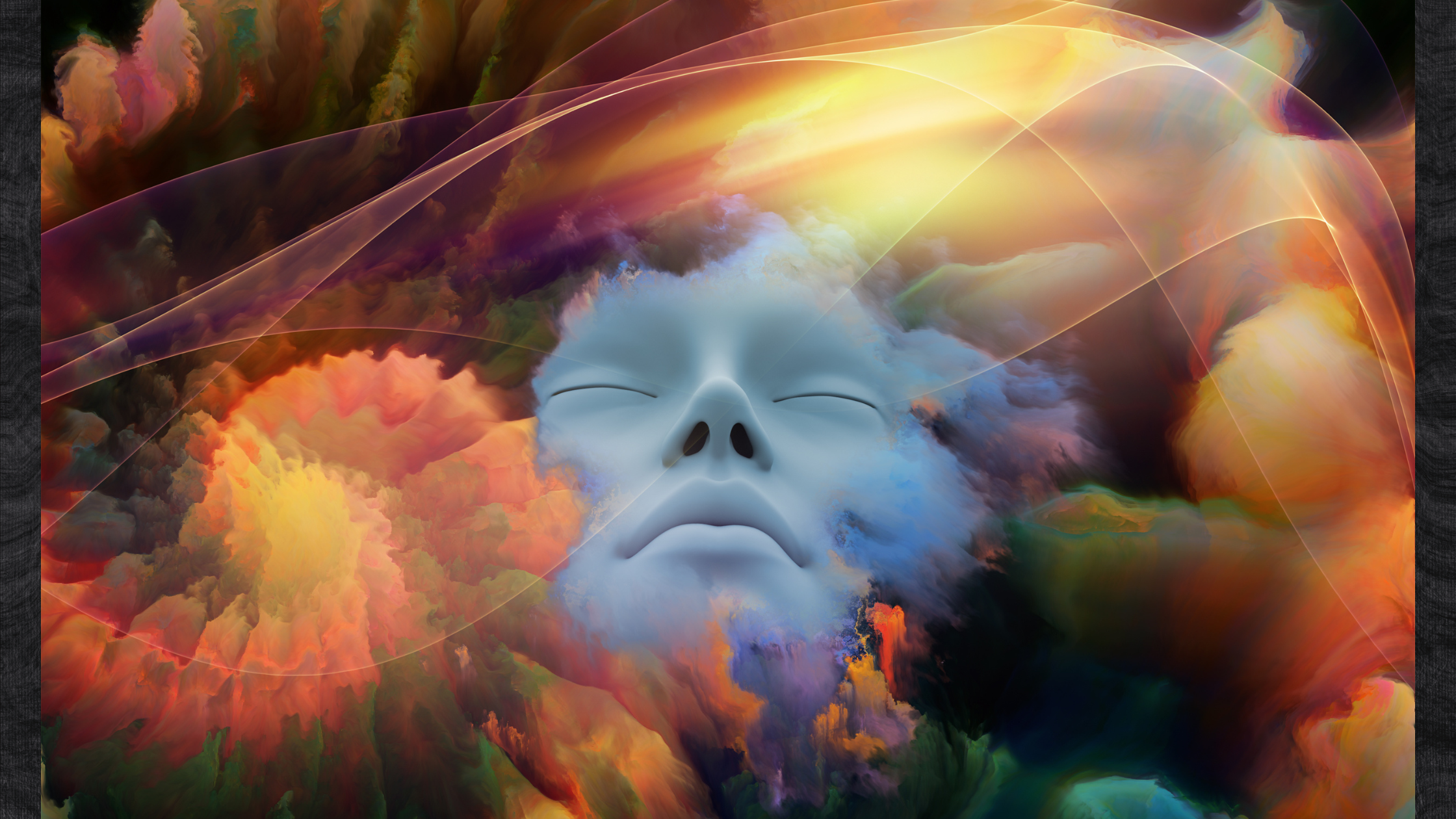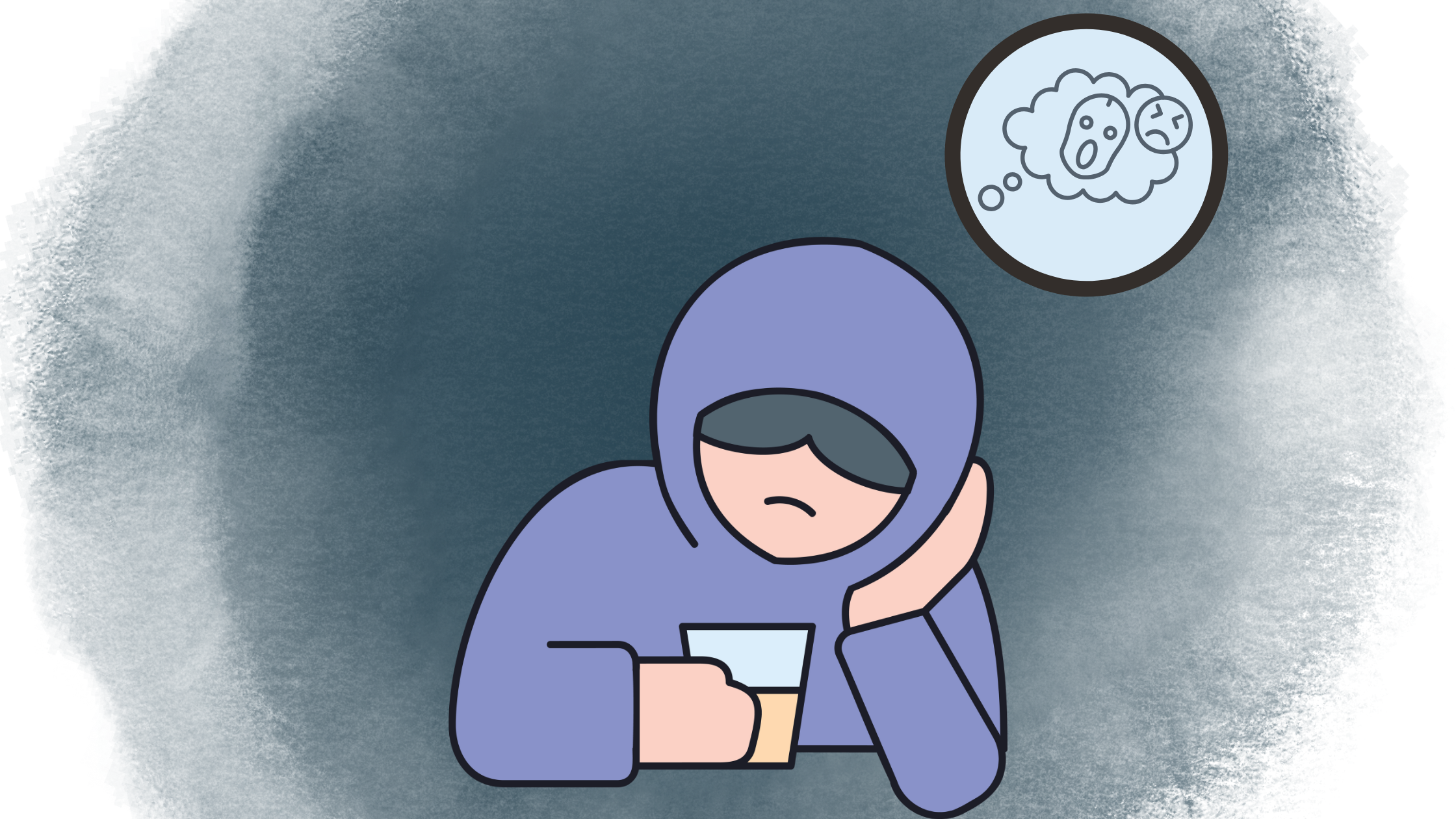Sleep challenges are extremely common among autistic children. Research suggests that anywhere from 40% to 80% of autistic kids experience difficulties falling asleep, staying asleep, or waking too early. These struggles often stem from a mix of sensory sensitivities, anxiety, differences in melatonin production, and challenges with self-regulation.
Among the many tools parents explore, weighted blankets have become one of the most popular—and for good reason. While they’re not a cure-all, many families report meaningful improvements in their child’s ability to settle at night, calm their body, and achieve deeper, more consistent rest.
In this post, we’ll break down why weighted blankets can be helpful, what the science says, how they affect the nervous system, and how to choose and use one safely.


